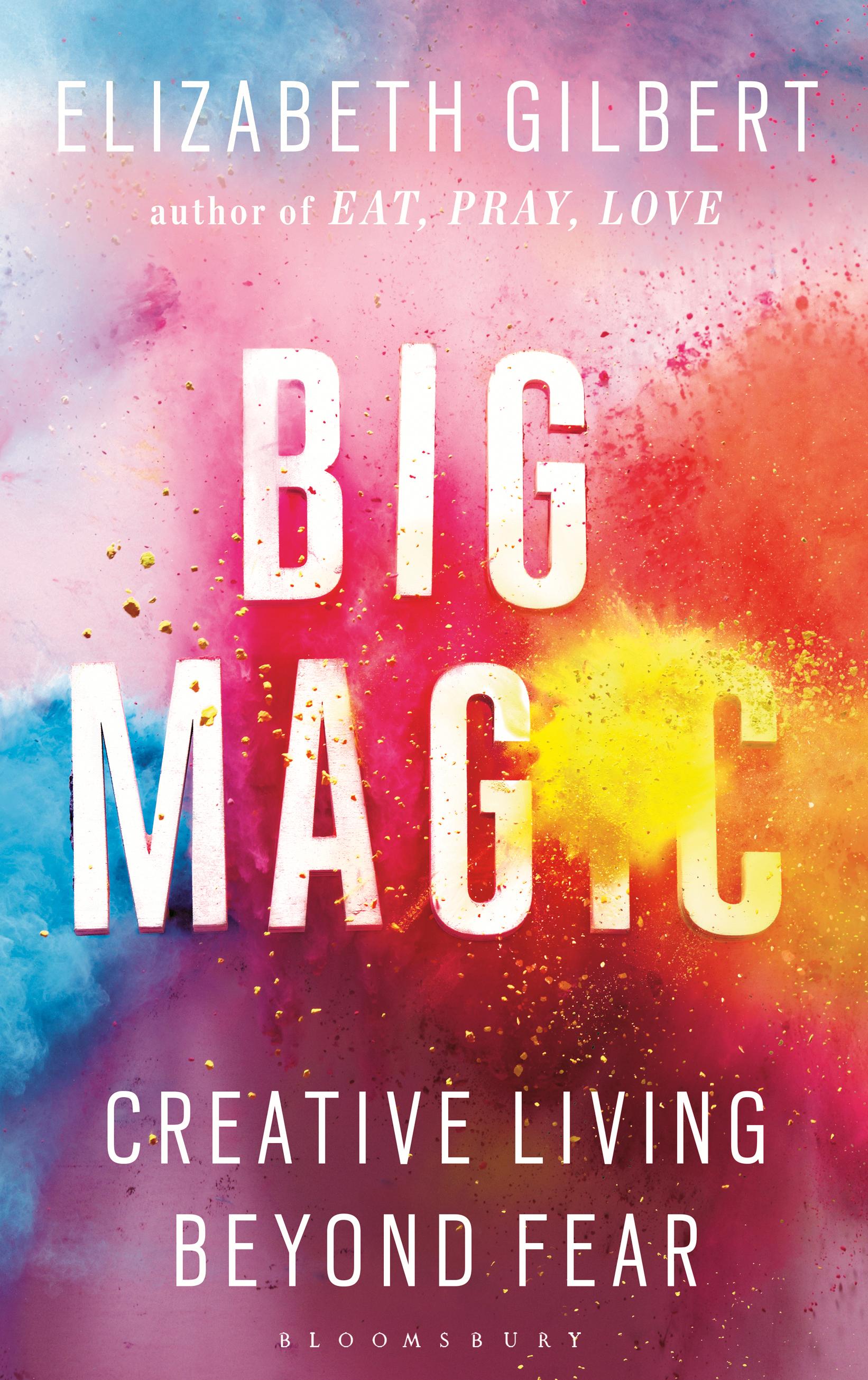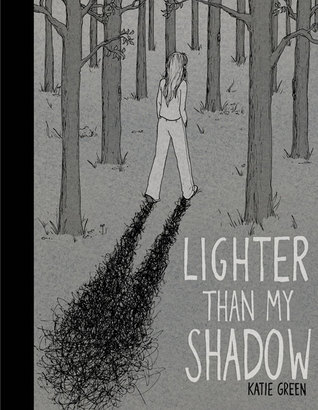
(This was my Sunday - the rain and James Rhodes.)
James Rhodes is another gem that I learned of by pure chance.This is not going to be a regular book review. This is going to be another one of "how I discovered [...]" type. I love writing stories about things that matter to me, otherwise what's the point, really?
I am a big fan of Benedict Cumberbatch and I follow a number of other fans/fan pages on Twitter. Through that handful of fans and also Twitter recommendations (you follow these, so you might want to follow these people - an annoying feature but in this case I am grateful for it) I saw the name of James Rhodes quite often. So I followed him. I knew nothing about him, except for that he was a musician and a friend of BC. Later I found that he was also friends with Stephen Fry, another Brit that I love and admire, so it was a done deal for me.
James is quirky, mouthy and candid online. He is funny and awkward and quite delightful (although I imagine he would not say so himself). I enjoyed his occasional tweets about concerts and music and his friends. Then he started writing the book which I have finished reading less than an hour ago. I admired James dedication, as he seemed to write thousands of words a day - something that was driven by his need to share the truth about his past and present, that I was completely ignorant of.
He finished the book. He was ecstatic and I had it on my list of things to read (some time). And then that was it. The book went completely off my radar for reasons unknown to me and I (quite understandably) forgot about it.
James seemed to be less present on Twitter lately, but I paid it no heed as creative people are busy. I am busy. Everyone is busy.
Those who know me (personally or online) know that I found myself in a rather weird (and dark) place emotionally late last year. This weird episode (I am going to call it that because I really have no name for it) lasted late May-early June of this year. I had ups and downs. And in early May, right between the two of my quite challenging (emotionally) trips to Montreal, I found myself at a down point again.
And that was when James retweeted somebody else's tweet praising the article that James had written 2 years ago. It was posted on The Guardian website and is called James Rhodes: 'Find what you love and let it kill you'.
I swallowed those 1100 words in less than 5 minutes. I felt as if somebody opened my skull, took out my brain, shook it, and put it back. Some things suddenly started making perfect sense to me, about myself and whatnots.
I was also appalled and saddened by the mentions of abuse and ongoing mental health issues. I went to Wikipedia (something that I didn't do initially, but probably should have, although considering the fact that James wasn't always that candid about his abuse, so perhaps it was not there when I had initially started following him - about 2-3 years ago, I think) and read everything there was. I know that Wikipedia is unreliable, so I was instantly consumed by the hunger for the autobiography which I thought should have been out by now.
I checked Amazon and it was still in pre-order status.
I was confused, and only later when James openly spoke on Twitter about the trial and court ruling and the fact that his books could have been banned for good. Once again I experienced the confusion and horror at the thought that someone wanted to shut up this man, who had obviously suffered a lot and needed help and support instead of stress and censure. James wrote a long article about it, so I am linking it here as I don't want to retell this story for him.
To put it shortly, James' ex-wife tried to ban the book on the grounds that the content (abuse, mental health, suicide attempts, etc) might be harmful to their son. The battle went on for over a year. James couldn't even mention anything about the struggles he was going through!
Thank goodness, the court ruled the decision in his favour (May 20) and the book immediately got a release date - May 28 (which is the birthday of my dear childhood friend). I pre-ordered it immediately.
Waiting for James' memoir to be released and then delivered to me from the UK, I rented his (only available) CD "Bullets and Lullabies" at the library. I listened to it for 3 weeks on repeat. It is put together quite unusually. Two CDs: one to be enjoyed in the morning, and another in the evening. One is vigorous, another is calming. I loved them both. They reminded me of sitting in my grandparent's living room and listening to vinyl discs or cassettes. Grandpa used to record his favourite pieces from the radio. He labelled them and kept them in the neat rows on the shelf. Listening to Debussy (whom I fell in love with again not so long ago) and Beethoven and Chopin and Grieg - all of whom I loved when I was a kid - took me back in time. It moved me. It inspired me.
I know nothing about classical music. James' recording seems flawless to me.
Let me go back to early May and why James' article had touched me so much. Even though the article is short and mentions his struggles, it is still filled with reluctant hope for better future. James says that music had saved his life. And he tells everyone who has ever felt the need for music or art or writing (like me) to fucking sit down and do it. Because if it can save you, can make you happier, better, it is worth doing it even without fame and recognition (even though those two are undeniably nice things).
I found that article incredibly inspiring. I thought about it for several days, told about it to a friend, although I failed to convey what it really meant to me, as we sat in a park, me smoking and trying to arrange my thoughts into something resembling a normal order. It was all before my second trip to Montreal this year, before something clicked in my head and finally reset my brain to normal.
I remember thinking quite clearly after reading that article that if I ever stop writing (again and this time forever) I will not survive it. Writing saved me in the way I can neither explain nor convey without sounding obnoxious and egocentric. But it is true, even if some might laugh at me for saying this or rather writing this (and I hope that some people may never read this). It is true and at that moment I realized that it didn't matter if I ever become a professional writer (well, I'd love to, but I understand that it may never happen) or that my stories may never be published or accepted or loved, I will still continue writing. Because writing is like breathing. It is to me what music is to James Rhodes.
In this mad, talented, weird British pianist I somehow found a kindred soul. I may never understand the extend of the scars that abuse had left him with or everything that was and still is happening in his head, but I understand the power of creativity and its force, like the force of nature, that propels you to create even if it feels as if you are swimming against an inhumanly strong current. You move an inch forward and get thrown two inches back. It is maddening and exhausting, but also the only way to live.
Amazon UK took its sweet time to deliver the book to me. Almost 4 weeks! I started reading it yesterday and finished it today.
The book turned out to be a way easier read than I expected considering the content. James is candid in it but not graphic. He tells his story the way it is, in a rather approachable and frank way. Every chapter is a track from the playlist (available for free on his SoundCloud) and a short story about its creator. James talks not only about his mental illness(es), wreck of a marriage, abuse, but also about music and musicians and what it did to him. The book is filled with love for his son (and it angers me even more now that his ex-wife tried to ban the book) as much as it is filled with pain and desperation.
But it is also filled with hope. The hope and promise to get better, to be better, to try harder and be happy. The memoir ends on a more cheerful note than I could have possibly imagined. In fact, it gave me exactly what I wanted: a story about how music (art, creativity) saved one soul.
James raises the question of classical music in our age. It is a dying form of art, archaic and unchangeable. While everything else has moved and evolved the classical music stays the same. Which is not the bad thing per se, but it is not very inclusive or popular among people younger than 50+. I enjoy classical concerts and recently I have been going to them more and more often. Reading James' disdainful comments about venues and critics made me realize that he is absolutely right - we have to make classical music more approachable to people. Make the tickets cheaper. Let the audience ditch frocks and suits and bring a beer into the theatre. Although I do enjoy the grandeur of a theatre or a concert hall, I often feel isolated and awkward (or maybe it is just me?) being surrounded by people the age of my parents (or older) wearing fancy clothes and diamonds. I don't mind dressing up for the occasion, but the clothes do not really matter, as I would rather listen to someone like James tell the audience why he is performing Bach or Rakhmaninov at this moment and not Chopin or Bethoveen, what this piece means to him, why he is playing it the way he does, rather than sit in dead silence in a tight dress and restrain myself from applauding at a wrong moment.
I sincerely wish James all the best. He is incredibly talented, brave and strong. Although he repeatedly says the exact opposite about himself. His story is worth being read and shared. It is horrible, ugly, moving, but at the same time it will give you hope. It is a story of music and madness, and I am quite taken by it.
And now excuse me, I need to go and listen to Instrumental soundtrack again. James is right. Bach 'Goldbierg variations' is quite something.



